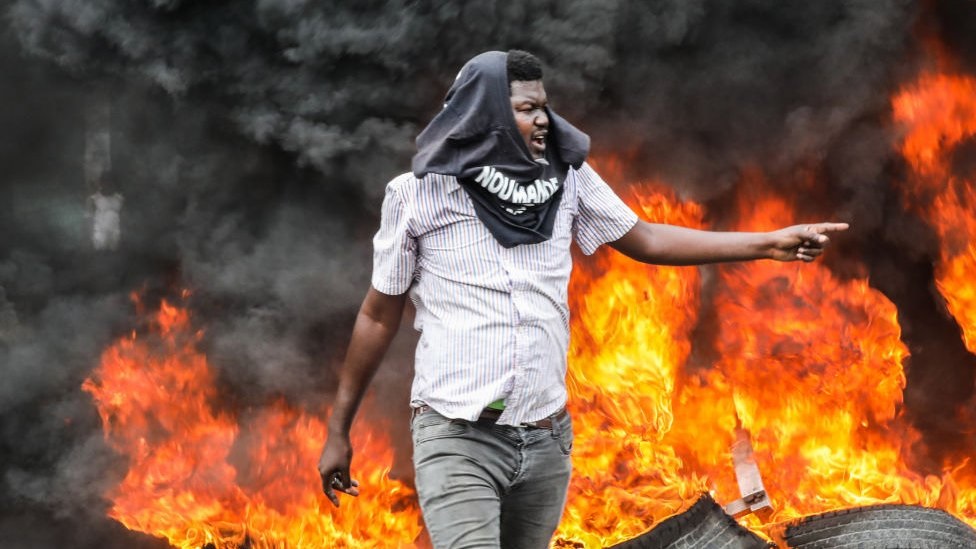Adding to the crisis, more than 42 percent of its population needs humanitarian assistance and up to 40 percent suffers from severe food insecurity, according to data from international organizations.
In this context, women, children and the elderly are the main victims, hundreds of thousands of people had to flee their homes to take refuge in precarious places and hundreds of thousands of others left the country through regular migration programs such as the one promoted this year by the United States, as well as by undertaking dangerous journeys through irregular routes.
From January to October alone, gang violence left 3,960 dead, 1,432 injured and 2,951 victims of kidnappings, according to a shocking report by the United Nations High Commissioner for Human Rights.
Most of the victims resided in the metropolitan area of Port-au-Prince and in the Artibonite department, the country’s largest granary, where violence and gang actions reached unprecedented levels.
In October, the UN independent expert on human rights William O’Neill described as dramatic the situation of children and young people who, in addition, do not have access to health care, drinking water and food, while they have great obstacles to attend schools.
Local platforms such as the Organization of Citizens for a New Haiti reported that from June to November a total of 317 people suffered sexual violence, including 75 women aged 26 to 35, another 30 aged 19 to 25, 156 aged 30 to 50, 55 over 51 and a girl of three.
Gangs are becoming increasingly controlled and organized, and neighborhoods once considered safe, such as Carrefour Feuilles, Solino, Tabarre, Petion Ville or areas of Delmas, have joined the growing list of areas under the influence of armed groups, leading to an uncontrolled exodus.
The mandates of the 13 senators who were still active ended last January, and this led to the factual closure of Parliament, which since 2020 had lost all its deputies and two thirds of the legislators of the Upper House, thus making it dysfunctional.
With its closure Haiti lost one of the three state powers, while justice is barely functioning and the executive is led by a Prime Minister who did not receive the approval of the National Assembly.
All this at a time when Ariel Henry’s administration is being questioned in view of the unprecedented violence suffered by Haiti, which caused opponents to call for his resignation in order to establish a new transitional government capable of stabilizing the country.
mh/arb/ane










